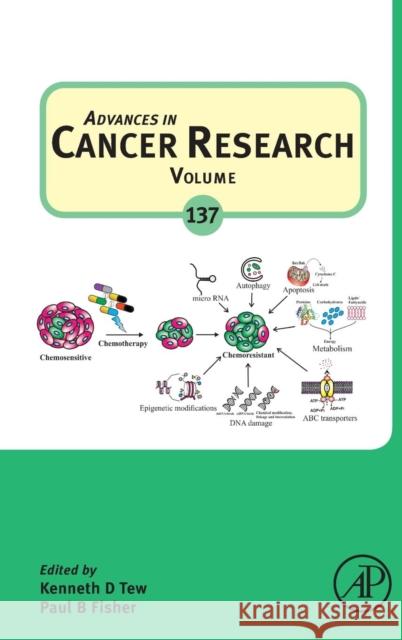Advances in Cancer Research: Volume 137 » książka
topmenu
Advances in Cancer Research: Volume 137
ISBN-13: 9780128151235 / Angielski / Twarda / 2018 / 198 str.
Kategorie:
Kategorie BISAC:
Wydawca:
Academic Press
Seria wydawnicza:
Język:
Angielski
ISBN-13:
9780128151235
Rok wydania:
2018
Numer serii:
000042559
Ilość stron:
198
Waga:
0.43 kg
Wymiary:
22.91 x 15.19 x 1.27
Oprawa:
Twarda
Wolumenów:
01











